Why These 12 Rock Songs Were Banned Across the World
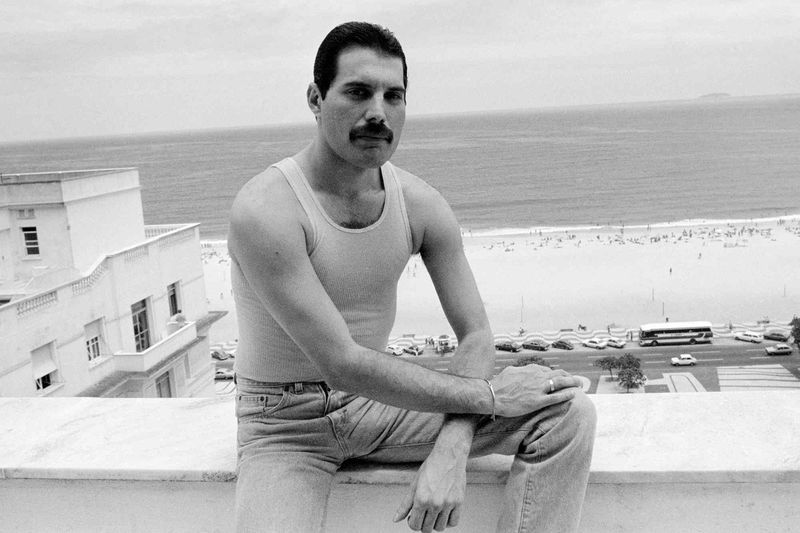
Rock music has never been about playing it safe. From the start, the genre has pushed boundaries, challenged authority, and stirred up more than a little controversy. And while some tracks simply raised eyebrows, others were so bold, so in-your-face, that governments, schools, and even major radio stations slapped bans on them.
1. “God Save the Queen” – Sex Pistols

Few songs managed to shake Britain quite like the Sex Pistols’ infamous anthem. Released in 1977 during Queen Elizabeth II’s Silver Jubilee, the punk track called the monarchy a “fascist regime” and accused it of keeping the people in chains. Needless to say, it didn’t go over well.
The BBC immediately banned it, and major record stores refused to stock the single. Even without mainstream support, the song shot up the charts thanks to furious fans who bought it underground.
The Pistols weren’t silenced—they were immortalized. The ban gave them a rebellious edge that perfectly captured the raw energy of punk and left a legacy of defiance still celebrated today.
2. “Lucy in the Sky with Diamonds” – The Beatles
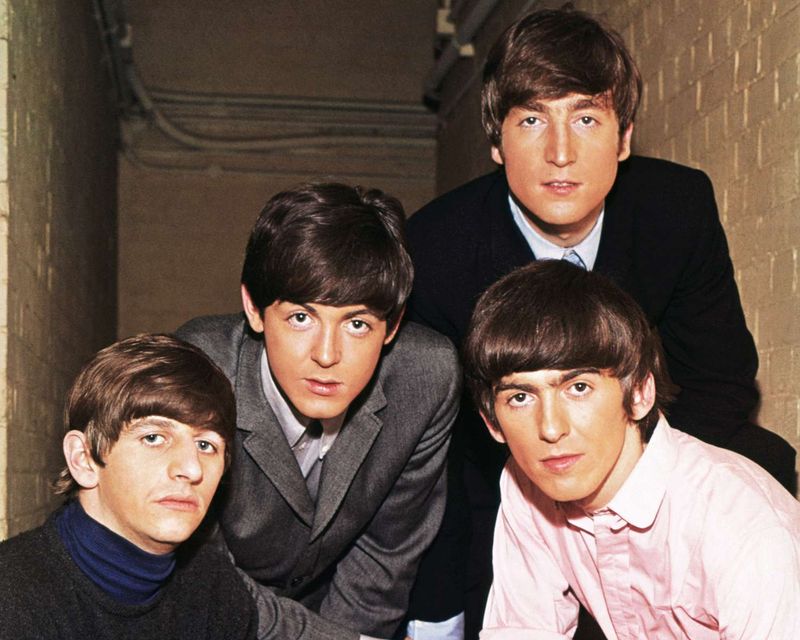
Psychedelic sounds were new territory for mainstream rock in the late ’60s, but this dreamy Beatles track quickly became the center of a firestorm. The title, with its suspiciously highlighted initials—L, S, and D—was too much for critics and authorities to ignore.
The BBC banned it outright, convinced it was a not-so-subtle ode to LSD. John Lennon swore up and down that the song was inspired by a drawing his son made of a schoolmate named Lucy.
But once the idea of drug promotion took hold, the ban stuck. Ironically, the controversy only added to the band’s counterculture mystique, cementing “Lucy in the Sky with Diamonds” as a symbol of the psychedelic rock revolution.
3. “Stairway to Heaven” – Led Zeppelin
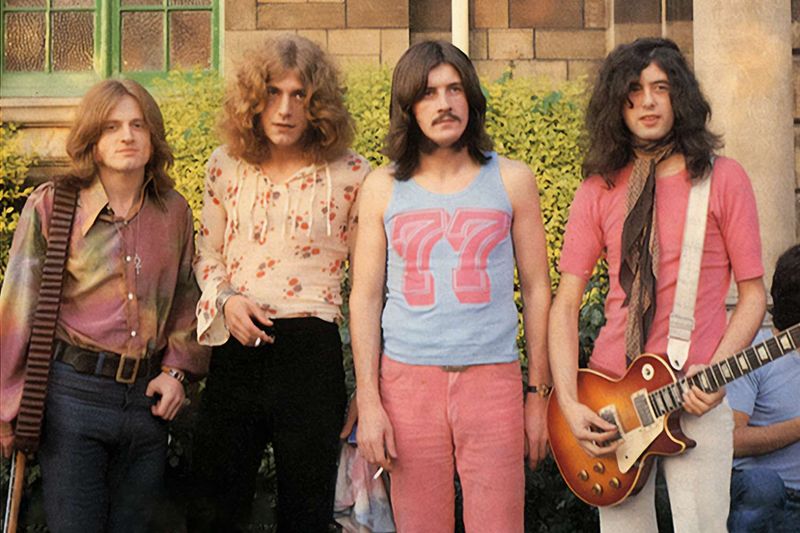
Arguably one of the most famous rock songs of all time, “Stairway to Heaven” became the target of an unusual accusation: that it contained satanic messages when played backward. This claim, made by Christian groups in the 1980s, caused waves of panic in schools and churches.
Some school districts banned the song entirely, fearing it would lead impressionable kids down a dark path. While the band always denied hiding subliminal messages, the paranoia surrounding it became a cultural phenomenon.
The ban didn’t damage the song—it made it even more legendary. To this day, debates over backmasking and hidden meanings continue, proving that rock music’s mystery only makes people listen harder.
4. “I Want to Break Free” – Queen
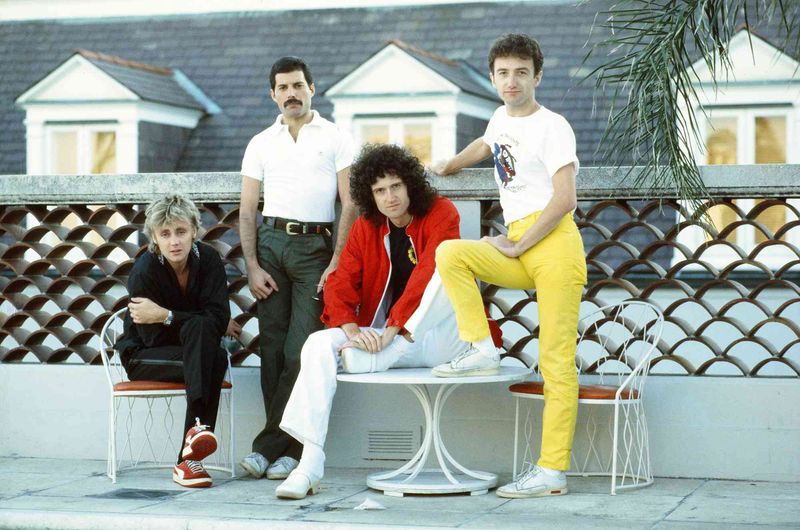
This Queen hit might be one of the most uplifting rock anthems ever, but its music video sparked outrage. Featuring the band members in drag, vacuuming and parodying soap operas, the video was meant as a tongue-in-cheek bit of humor. Not everyone got the joke.
MTV banned it in the United States, and conservative countries around the world rejected it altogether. Ironically, the song became a freedom anthem in places like South America, where fans connected with its deeper meaning about escaping oppression.
For Queen, the controversy only cemented their reputation as fearless performers unafraid to blend humor, glam, and powerful social commentary.
5. “Money for Nothing” – Dire Straits
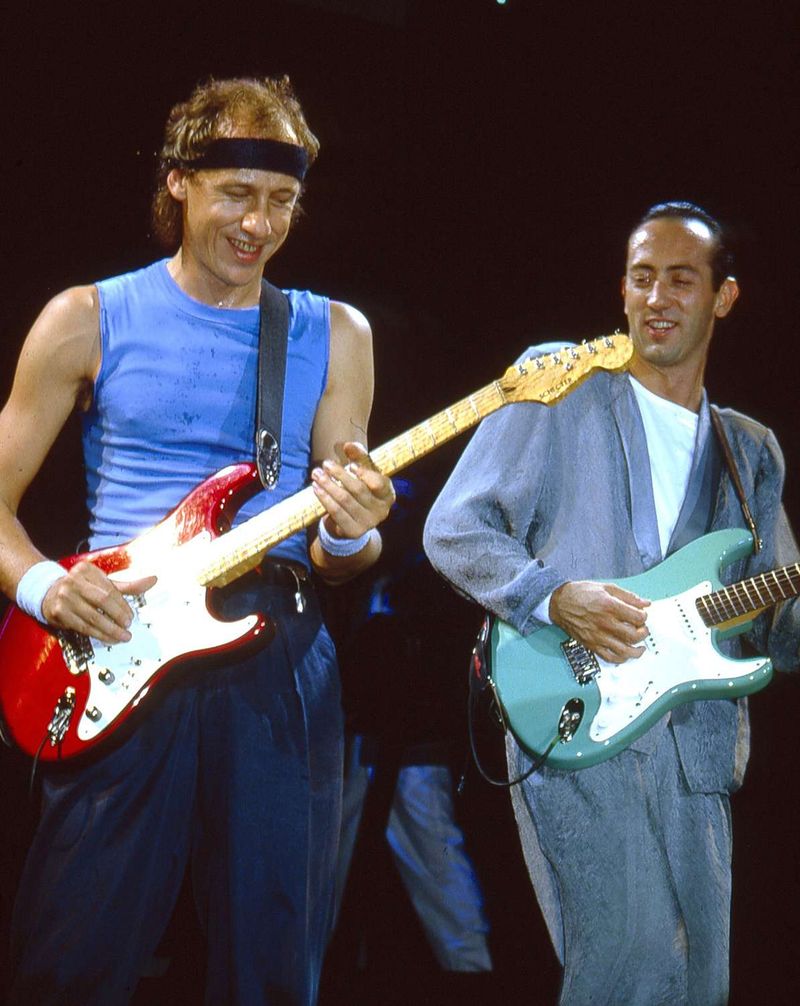
At first glance, Dire Straits’ chart-topping hit seemed harmless—a catchy commentary on MTV and celebrity culture. But one lyric, containing a homophobic slur, changed everything.
In 2011, nearly three decades after the song’s release, Canada banned it from radio airwaves following complaints. The decision sparked a heated debate: should a song that reflects the language of its time be erased from history, or should it be preserved as a cultural artifact?
Edited versions were eventually approved, but the controversy highlighted how society’s standards shift over time.
6. “Smack My B**** Up” – The Prodigy
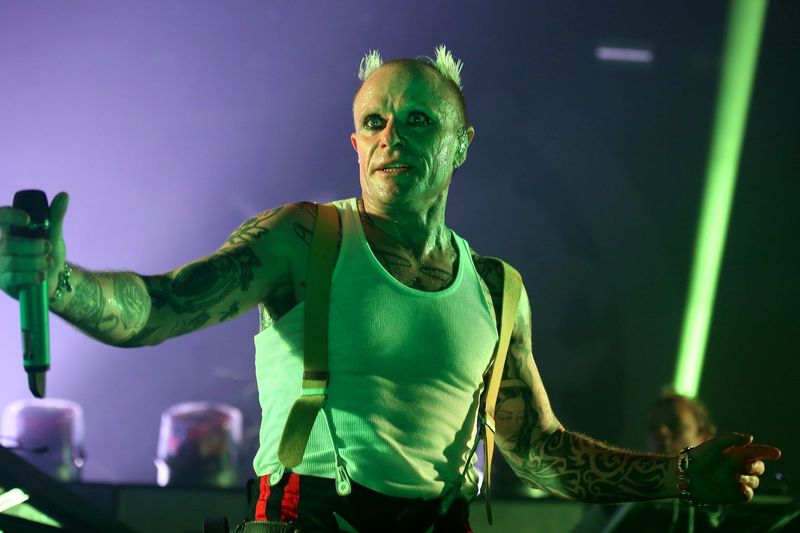
Though The Prodigy straddled the line between rock and electronic, this aggressive anthem caused waves of controversy in the late ’90s. Critics blasted its lyrics as sexist and violent, with the phrase “smack my b**** up” sparking global outrage.
Several countries banned it, and MTV refused to play the unedited music video—which featured chaotic, disturbing imagery. Fans, however, defended the band, arguing the song was about chaos and excess, not literal abuse.
Regardless of interpretation, the ban solidified the track’s reputation as one of the most infamous and rebellious songs of its era. Even today, “Smack My B**** Up” remains a lightning rod in conversations about censorship and artistic freedom.
7. “American Idiot” – Green Day
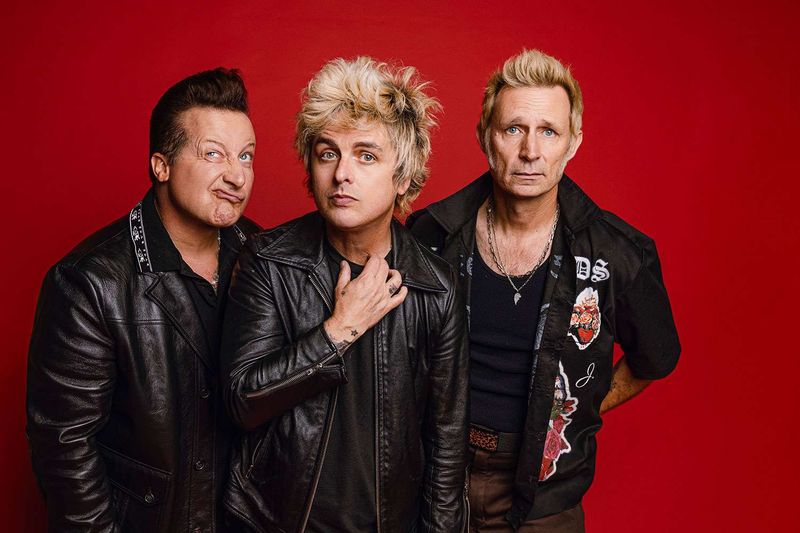
Released during the height of political tension in the early 2000s, Green Day’s punk-rock anthem didn’t hold back. With sharp lyrics criticizing American politics, media, and blind nationalism, it became an instant hit—and an instant target.
Some conservative countries banned or discouraged airplay, viewing the song as unpatriotic and too provocative. Ironically, that only boosted its global appeal, turning it into an anthem for young people frustrated with authority.
“American Idiot” went on to define a generation of politically charged punk-rock fans, proving once again that when you try to silence rock, it only grows louder.
8. “Killing in the Name” – Rage Against the Machine
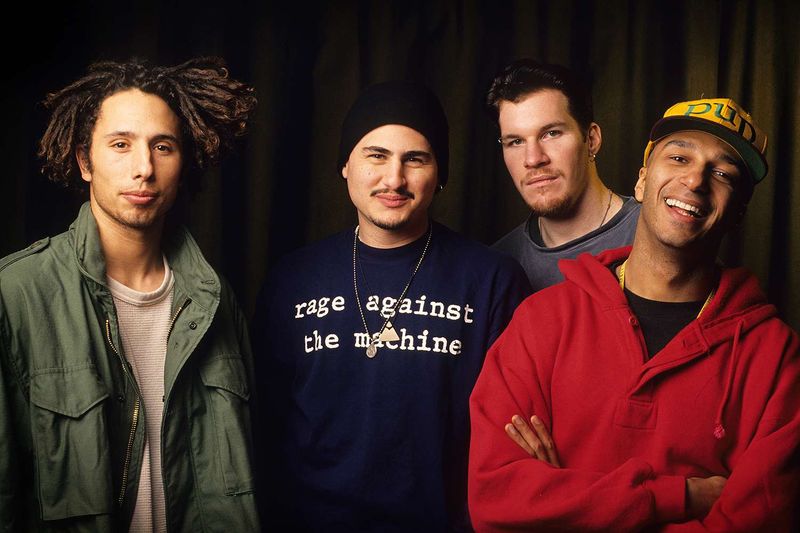
Few songs have embraced pure rage quite like this one. Packed with fiery lyrics challenging police brutality and systemic injustice, the track ended with a furious repetition of “F*** you, I won’t do what you tell me.”
Unsurprisingly, many radio stations banned it. After the September 11 attacks, U.S. broadcasters pulled it from playlists, fearing it was too inflammatory. But rather than disappearing, the song became even more iconic.
In 2009, a campaign in the UK propelled it to Christmas #1 as an act of rebellion against manufactured pop. The bans may have silenced it briefly, but the song’s defiant spirit continues to resonate worldwide.
9. “Brown Sugar” – The Rolling Stones
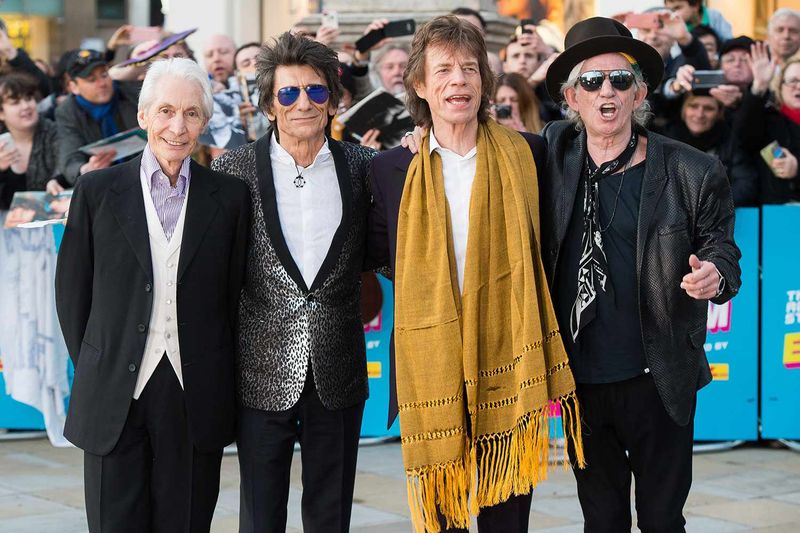
This Rolling Stones classic has always been a magnet for controversy. With lyrics referencing slavery, race, and sexual themes, the song’s content was shocking even in the ’70s.
Over the years, critics and activists pushed for bans, arguing it romanticized offensive imagery. Some radio stations stopped playing it altogether, while others aired only edited versions. Even Mick Jagger admitted later that he wasn’t comfortable with some of the lyrics.
Still, “Brown Sugar” remains one of the Stones’ biggest hits, representing the messy intersection of rock’s rebellion and society’s ever-changing boundaries of what’s acceptable.
10. “Another Brick in the Wall (Part II)” – Pink Floyd
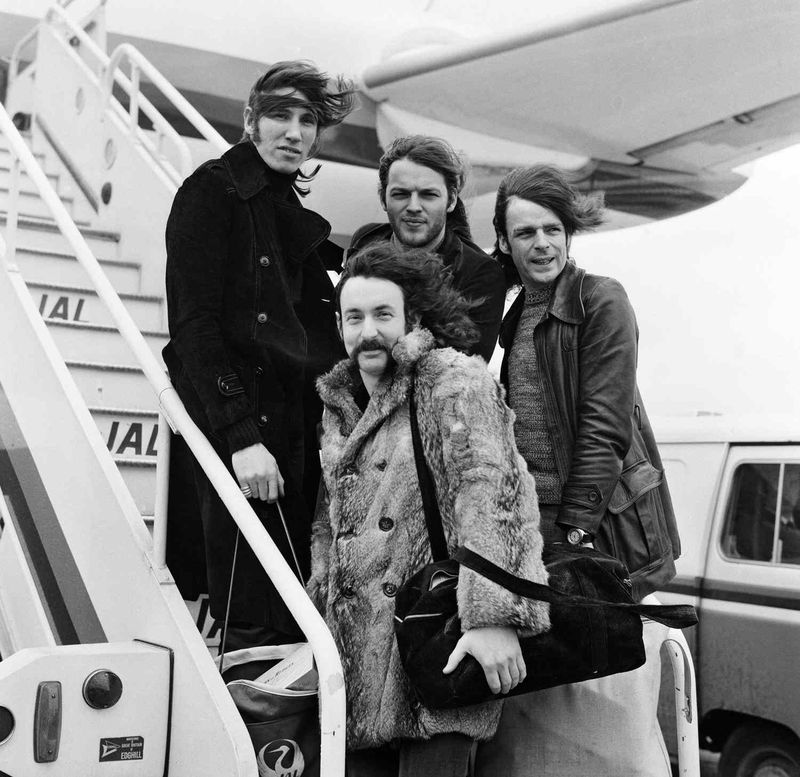
Schoolkids chanting “We don’t need no education” might sound harmless today, but in apartheid-era South Africa, it was a political bombshell. The government banned the song after students began singing it during protests against an oppressive school system.
The track, with its anti-authoritarian tone, quickly became a rallying cry for resistance. Pink Floyd’s message resonated globally, but in South Africa, it was considered dangerous enough to silence.
Decades later, the ban looks more like proof of the song’s power. It wasn’t just a rock hit—it was a weapon of protest.
11. “Relax” – Frankie Goes to Hollywood
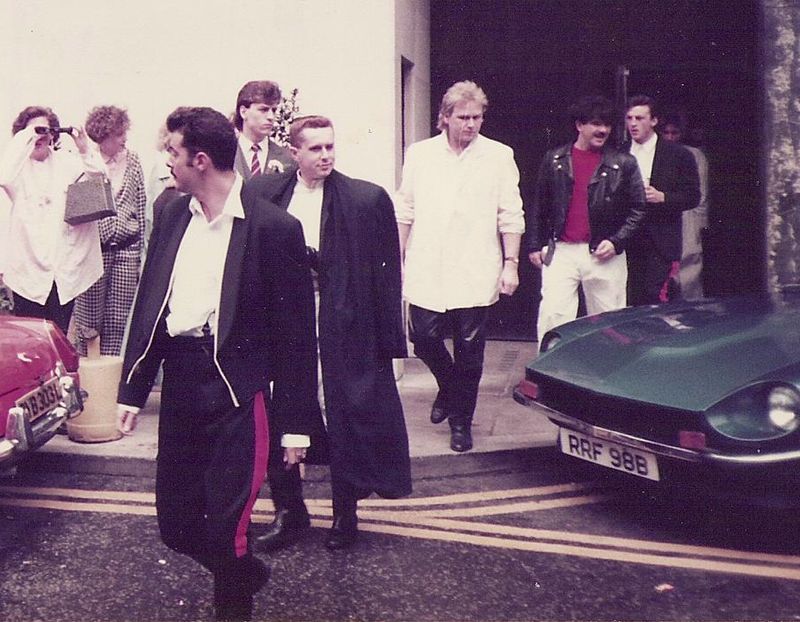
By the mid-1980s, few songs had sparked as much scandal as this one. With sexually charged lyrics and a provocative video, “Relax” pushed the boundaries of mainstream pop-rock. The BBC quickly banned it, claiming it was too obscene for public broadcast.
Ironically, the ban only supercharged the track’s popularity. Fans rushed to buy the single, and it climbed to the top of the charts despite limited radio play. What was meant to silence the band turned into free advertising.
Today, “Relax” stands as proof that censorship can sometimes be the best publicity a band could ask for.
12. “Walk on the Wild Side” – Lou Reed
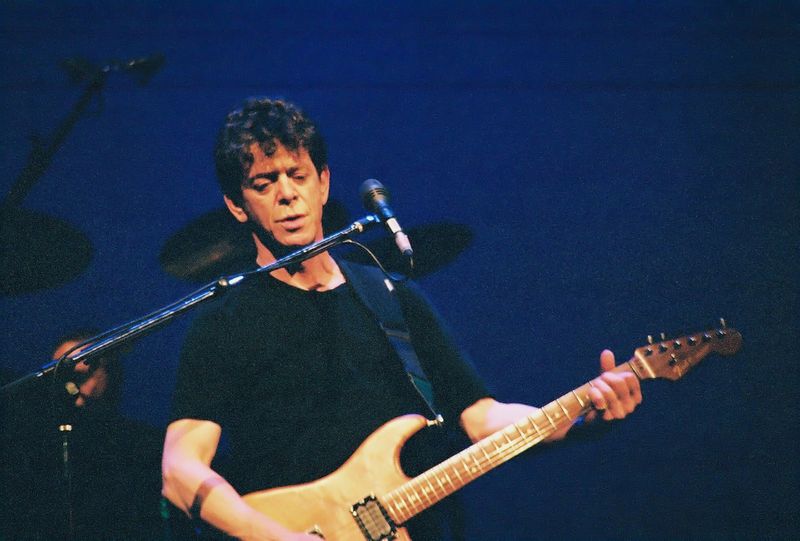
Lou Reed was no stranger to stirring controversy, but this song took things to another level. With lyrics about drug use, transgender characters, and sexual escapades, it was far ahead of its time. Many radio stations refused to play it, calling it too explicit.
Yet for others, “Walk on the Wild Side” was groundbreaking. It gave visibility to communities rarely acknowledged in mainstream music, let alone celebrated.
While some countries banned it, fans embraced it as a bold piece of storytelling that captured the grit and freedom of New York’s underground scene. The song may have been silenced in some places, but it became immortal everywhere else.

Comments
Loading…